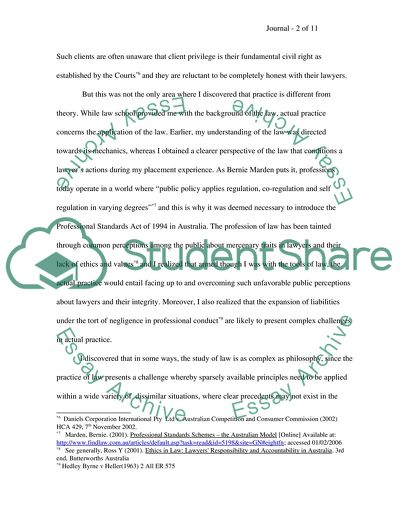Cite this document
(“How Different Actual Practice of Law is from Law School Essay”, n.d.)
How Different Actual Practice of Law is from Law School Essay. Retrieved from https://studentshare.org/education/1535449-law-placement-essay
How Different Actual Practice of Law is from Law School Essay. Retrieved from https://studentshare.org/education/1535449-law-placement-essay
(How Different Actual Practice of Law Is from Law School Essay)
How Different Actual Practice of Law Is from Law School Essay. https://studentshare.org/education/1535449-law-placement-essay.
How Different Actual Practice of Law Is from Law School Essay. https://studentshare.org/education/1535449-law-placement-essay.
“How Different Actual Practice of Law Is from Law School Essay”, n.d. https://studentshare.org/education/1535449-law-placement-essay.


